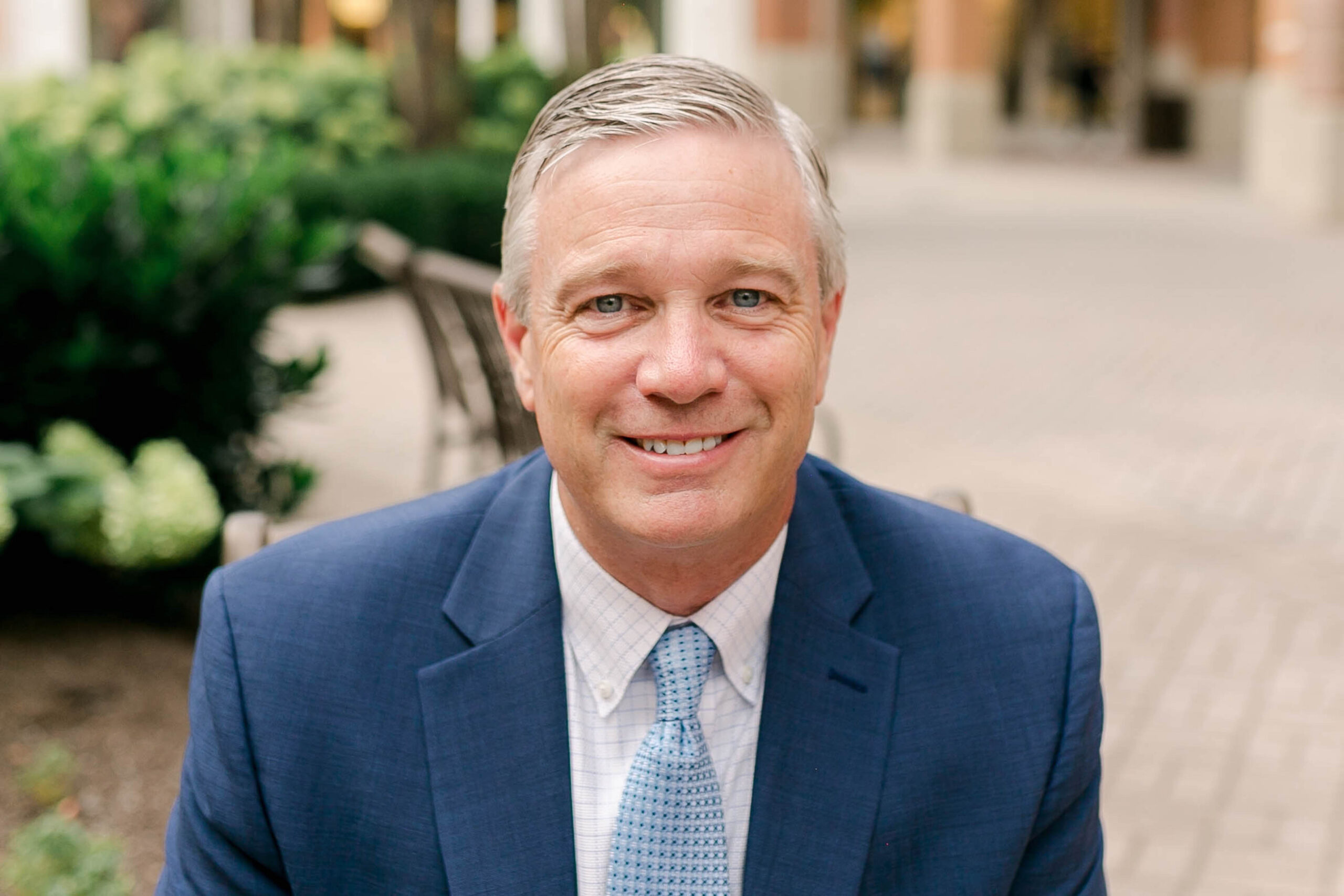
Through his family’s business rooted in Sussex County since 1956, Rex Davis knows firsthand how attracting new companies and people to the region pays off for everyone. For decades, as he moved up the Davis Oil ranks, he admired the ongoing work to promote local economic development.
Today, Davis chairs the board of Virginia’s Gateway Region Economic Development Organization. He describes the region as “the diamond in the rough.”
Since first joining VGR in 2013 as the Sussex County business representative, Davis has witnessed considerable growth and tremendous potential in the region. With strategic advantages starting with the confluence of interstate systems, rail routes and water access, the Gateway Region offers a robust infrastructure to attract prospects.
Because of those proactive investments, “the Gateway Region is in play now,” said Davis, the third-generation president of Davis Oil.
“There are many things that are positives from an economic development standpoint. It just makes sense to operate from here from a logistical standpoint,” he said. “We’re our own hub, and that’s an important leg of an effective economic development strategy.”
Last year, Davis was named to the Commonwealth Transportation Board. Holding seats with both organizations allows him to leverage insights back and forth, ensuring that the transportation needs of the Richmond District – which includes the VGR localities – align with the region’s economic development goals.
He knows his VGR expertise and relationships built over the years will prove valuable. “If you don’t know what’s important to the localities, then it’s hard to figure out what to develop,” said Davis, noting that he also brings objectivity to the role. “We want to line up companies that best fit in the best places.”
Collaboration across the community
In representing VGR’s different localities, Davis stresses collaboration because their needs and priorities sometimes compete. He credits the VGR staff for their work in fielding projects and maintaining prospects’ anonymity to ensure fair and effective placements.
“Success is matching the needs of the prospect to the resources available in the region,” he said. “We’re stronger as a group than we are individually because we can pull from each other and cooperate when the time comes to land these projects.”
Deep roots in the region
Davis Oil traces its beginnings to 1956, when Rex Davis’ grandfather opened a restaurant alongside then highway 301 in Sussex County near Stony Creek. Twenty years later, his father was growing the business by adding downstream oil, convenience stores and gas stations.
Over the years, the business grew beyond Sussex, extending into Brunswick and Prince George counties, and even into Colonial Heights and Hopewell. By the mid-1990s, the Davis family scaled back their operations, focusing on Sussex, Brunswick and Prince George counties. Even though they exited most of their retail businesses, the family has held onto its real estate assets, waiting for the right opportunities for future development.
The company still operates Davis Travel Centers, with four locations along the I-95 and I-85 corridors. Over the years, the company renovated and brought in new national food partners, continuing to refine its offers to stay ahead of visitor needs.
Pointing to his family business, Davis stressed that the region’s economic strategy includes supporting existing small businesses that are already committed here. “It’s much easier to keep your client,” he notes, “if you take care of that client, they will take care of you.”
Tapping in the local potential
Leaders must balance economic development with the desires of some residents who want to maintain the region’s rural flavor. However, “growth where it makes sense” is essential to sustain fundamental local services, including schools and public safety, and to maintain a competitive environment. “But we still have abundant land resources available within the region, and that’s attractive to the stakeholders and investors who want to position our region for future growth,” he said.
That also will create new opportunities for today’s local generations, who often are drawn to better opportunities in metropolitan areas. “We have to figure out how to keep our talent in the rural areas, as well as bring new people here to help us grow,” said Davis, citing workforce initiatives with the community colleges to train residents with the right skills for today’s jobs.
At the same time, incoming corporations, such as pharmaceutical manufacturers, are bringing in professional jobs that will draw new people to the region. This will require the localities to build out hospitality and service industries to meet those incoming residents’ needs.
“If we can capture and keep that money in the region, it provides a multiplier effect,” Davis said. “People are working here locally and spending here locally.”
As board chair, Davis acknowledges that attracting the right prospects and continued investments takes time, from initially nurturing that interest to then landing a deal.
“In everything I’ve ever been a part of, I always want to leave it better than I found it,” he said. “Within our region, instead of depending on a few, we need the many out there contributing and making the whole region be better. How that happens might look different in each locality, but we want them all to grow.”
